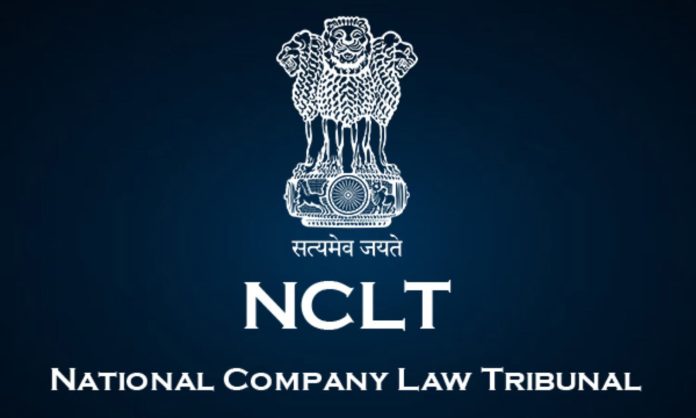KOLKATA, May 4: Amid several bottlenecks, the Insolvency Bankruptcy Board of India (IBBI) declared 2023-24 as a landmark year, with the National Company Law Tribunal achieving a significant 43 per cent increase in resolutions, jumping from 189 cases last year to 270 this year.
The IBBI is expected to submit a report to the government over the next 2-3 months for including “mediation” in the Insolvency and Bankruptcy Code (IBC), which is currently under discussion and scrutiny.
The regulator is also working on prepackaged insolvency for large corporate cases, which is only allowed in MSME cases as of now.
For the first time in a year, the number of outputs has increased from the number of inputs, reducing the pendency across India, said Sudhaker Shukla, an IBBI whole-time member, while addressing the CII organised 7th Insolvency and Bankruptcy Code conclave.
He said that despite bottlenecks in the last seven years, resolution of 3.5 lakh crore was achieved, and 27,000 applications worth Rs 10 lakh crore were withdrawn, making the IBC a powerful tool for debt resolution in the country.
Shukla stated that the law has evolved over time and that the interventions to improve it have been remarkable.
“In 2023-24, around 12 amendments and 86 interventions have been made in the IBBI within a single year. This portrays that we are responding to market requirements to bridge the gaps,” he said.
He further added that a sectoral approach has been adopted to address unique problems for a speedy resolution, like in real estate.
“We are trying to follow the sandbox approach. The recent amendments were made on real estate where project-wise resolution was made, keeping the allotted houses from liquidation was a big step forward in a sectoral approach,” Shukla said.
Speaking about the demand for mediation and prepacks for insolvency for large accounts, Shukla said it was currently under scrutiny and in the next 2-3 months, it will be submitted to the government.
He further said prepacks for large accounts were also under consideration as they aim for speedy resolution.
Prepackaged insolvency involves negotiating and agreeing on a resolution plan between the debtor and its creditors before going into formal bankruptcy.
P Santhosh, Managing Director of NARCL, the government-backed bad bank, asserted that a delay in resolution will deteriorate the quality of the asset, making revival difficult.
“There are multiple factors contributing to this delay, and to avoid it, coordination with financial creditors is crucial. The concept of Prepack insolvency is yet to be adopted. However, many practitioners have discussed that this is one of the tools that can be extended to larger corporate disputes. Initially, there could be a promoter-led resolution plan, which can be improved over time,” he said.
B Sankar, the Deputy Managing Director (stressed assets) of State Bank of India, highlighted that the success of insolvency resolution depends on collaboration between creditors, distressed companies (often with suspended directors/promoters), and insolvency professionals.
The conclave participants from insolvency professionals enriched themselves from NCLT Kolkata judicial members Rohit Kapoor, Balraj Joshi and Bidisha Banerjee who shared their inputs for speedy resolutions. (PTI)
Trending Now
E-Paper


